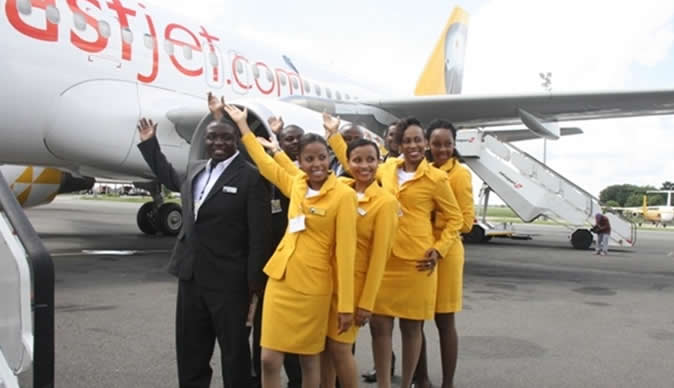EcoCash USD wallet brings the convenience of buying groceries, paying bills and more
ZIMBABWE’S largest mobile money platform, EcoCash, has urged customers to make use of its USD wallet to send money, cash out USD cash, pay bills, purchase groceries and airtime, among other things during this festive season.
This comes as the introduction of the USD wallet in April this year — easily accessible by registered EcoCash customers on *153# — has brought relief to consumers at a time most service providers and companies are now offering their services in United States dollars.
For instance, the Zimbabwe Electricity and Distribution Company (ZETDC) early this month introduced a new system, PowerPlus, that allows pre-paid customers to purchase electricity tokens using US dollars. Earlier on, Nyaradzo funeral service provider announced that it will now be accepting payments in US dollars, while a host of retail and hardware shops are also now offering their customers the option to buy their goods in US dollars.
“By making use of the EcoCash USD wallet, our customers can now enjoy the convenience of sending and receiving US dollars, buying US dollar airtime, paying their bills in US dollars, and much more, on a secure platform,” said EcoCash.
“In addition, customers can also now buy goods and groceries in retail shops, pay for VISA applications and do online payments — including DStv and Netflix subscriptions, among many others — using their EcoCash USD wallet in the comfort of their homes or offices.”
Since its introduction to the Zimbabwean market in 2011, EcoCash has become the preferred way of making payments across the country, both for the banked and the unbanked, due to its safety and unmatched convenience.
The platform also provides financial services to millions of people who have mobile phones, but do not have bank accounts, or only have limited access to banking services.
Latest statistics from Finmark Trust show that Zimbabwe is making satisfactory progress towards meeting its financial inclusion targets, thanks to increased use of mobile money. FinMark, which recently concluded the 2022 FinScope Micro, Small and Medium Enterprises (MSME) and Consumer surveys, revealed that more adults had become financially included compared to 2014, with more people having access to formal financial products and services.
The study added that national financial inclusion increased to 88 percent in 2022 from 77 percent in 2014, meaning about 6,2 million adults out of a total of 7 million adults in Zimbabwe are now financially included.
Financial inclusion is defined as the availability and equality of opportunities to access financial services. It refers to a process by which individuals and businesses can access appropriate, affordable, and timely financial products and services.-chronicle.co.zw











